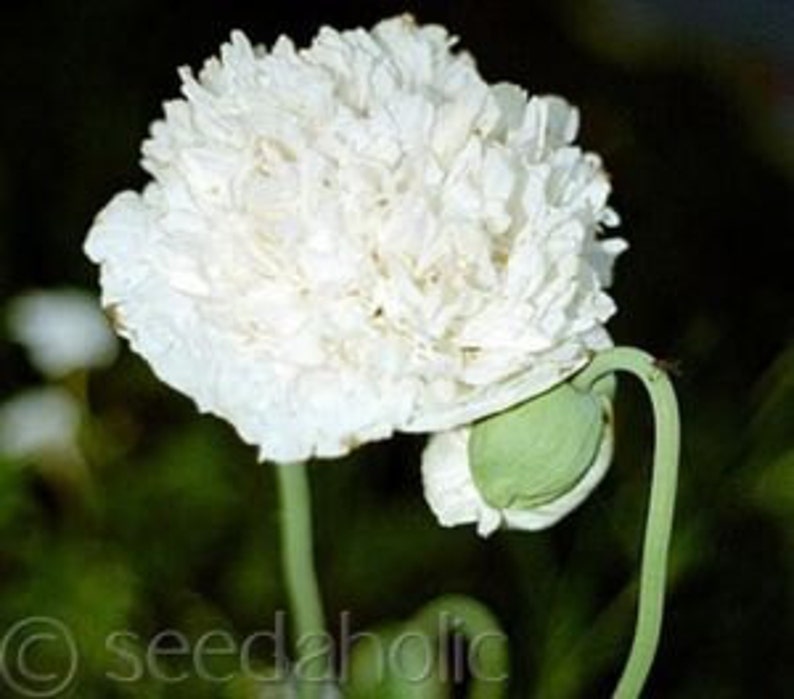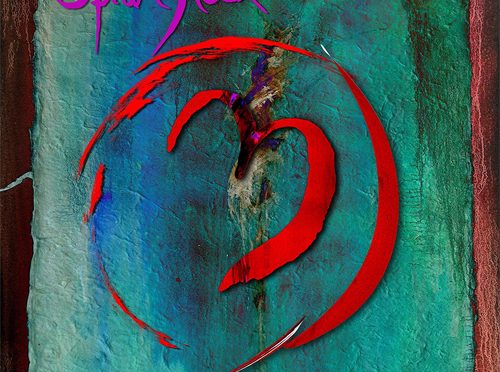
Suboxone:īupes, Boxes, Oranges, Sobos, Stops, Subs. Zannies, Bars, Z-bars, Handlebars, Ladders, Footballs, Xs, School bus, Totem poles, Planks.Ĭoke, Bump, Snow, Dust, Powder, White, Blow, Rail, Stash, Pearl.Ĭandy, Rocks, Nuggets, Hail, Sleet, Tornado, Ball, Base, Apple jacks, Dice. Cannabis Concentrates:Ģ46, BHO, Badder, Budder, Butter, Dabs, Ear Wax, Errl, Honey Oil, SAP, Shatter, Wax Heroin:ĭragon, H, White Lady, Scag, Brown sugar, Smack, Junk, Snowball, Dope, Horse. Cannabis:ĭank, Mary Jane, Reefer, Pot, Weed, Bud, Ganja, Herb, Trees, Chronic. But, as of today, the most common terms for a number of drugs can be found below. There is no telling which labels will see everyday usage years down the road. To make things even more complicated, some words are used for multiple drugs. After all, just like the English language, the street vernacular is fluid. A complete catalog of such terms is simply impossible. The following is by no means an exhaustive list of drug names. InhalantsĮxamples include: nitrous oxide, gasoline, glue, and various aerosolsīoth inhalants as a category and individual inhalant substances have nicknames. Nicknames for hallucinogens refer almost exclusively to the drug in question rather than hallucinogens as a whole. HallucinogensĮxamples include: LSD, peyote, salvia, dextromethorphan, and PCP Any and all slang is actually denoting the different drugs. The most commonly used expression is “uppers.” OpioidsĮxamples include: fentanyl, heroin, morphine, hydrocodone, oxycodone, and opiumĪs umbrella terms, “opioids” and “opiates” do not have corresponding street terminology. Titles mostly refer to the drugs themselves, though the term “stimulants” does have one or two nicknames of its own. The names can be in reference to depressants overall or the individual drug-of-choice.Įxamples include: cocaine, methamphetamine, Adderall, and MDMA DepressantsĮxamples include: alcohol, barbiturates, Valium, Xanax, and other benzodiazepines Some of these categories have distinctive nomenclature all their own, while others only have nicknames for the drugs that make up the said grouping. Substances fall within overarching drug classes, the majority of which are below. Drug Slang for Drug Categoriesĭrug monikers can be based on just about anything: appearance, feelings, cultural or pop culture references, riffs on the drug’s actual name, and more. With a little practice, anyone can have a better handle on this elusive lingo. Like all dialects, it requires a bit of education to understand the ins and outs and the intricacies therein. If slang feels like another language, it’s probably because it is. Who could possibly be afraid of a little cotton candy? Benign nicknames are in some ways a justification for experimentation. However, meth also goes by “cotton candy.” Suddenly, the drug is much more docile and approachable. People who are on the fence as to whether to use the drug might be thrown off by the name and its reputation. The word “meth” has an unappealing connotation. There is also something to be said for the playful-sounding terms tearing down barriers to entry. For example, “powdering one’s nose” could have a completely innocent meaning relating to putting on makeup, or, it could signify snorting narcotics in the restroom. This rule of thumb extends to action verbs describing use behavior, too.

The slang itself is usually innocuous or gibberish to the untrained ear the less suspicious or illegal the better. These include law enforcement officials, educators, parents, or anyone else keen on eavesdropping or discovering the illicit conduct of others. It is an unofficial, official coded language that separates the have from the have-no-clues.

The drug trade is well hidden, which is not only a byproduct of concerted efforts, but also how it is spoken about.ĭrug slang - or a vocabulary originating from the streets - helps maintain the down-low status quo. Otherwise, the drugs might be cut off at their source, or the individual themselves may face legal consequences.

As such, anyone who partakes is motivated by self-interest to keep their use, and by extension the use of others, a secret. Obviously, many drugs are not legal in Colorado, the United States, or anywhere else in the world.

Drug use and the industry which supports it are enigmatic by nature. While most call drugs by their proper names - or scientific names if they are researchers or physicians - those who actually use such compounds do the exact opposite. For as long as there have been drugs, these substances have been referred to by nicknames.


 0 kommentar(er)
0 kommentar(er)
